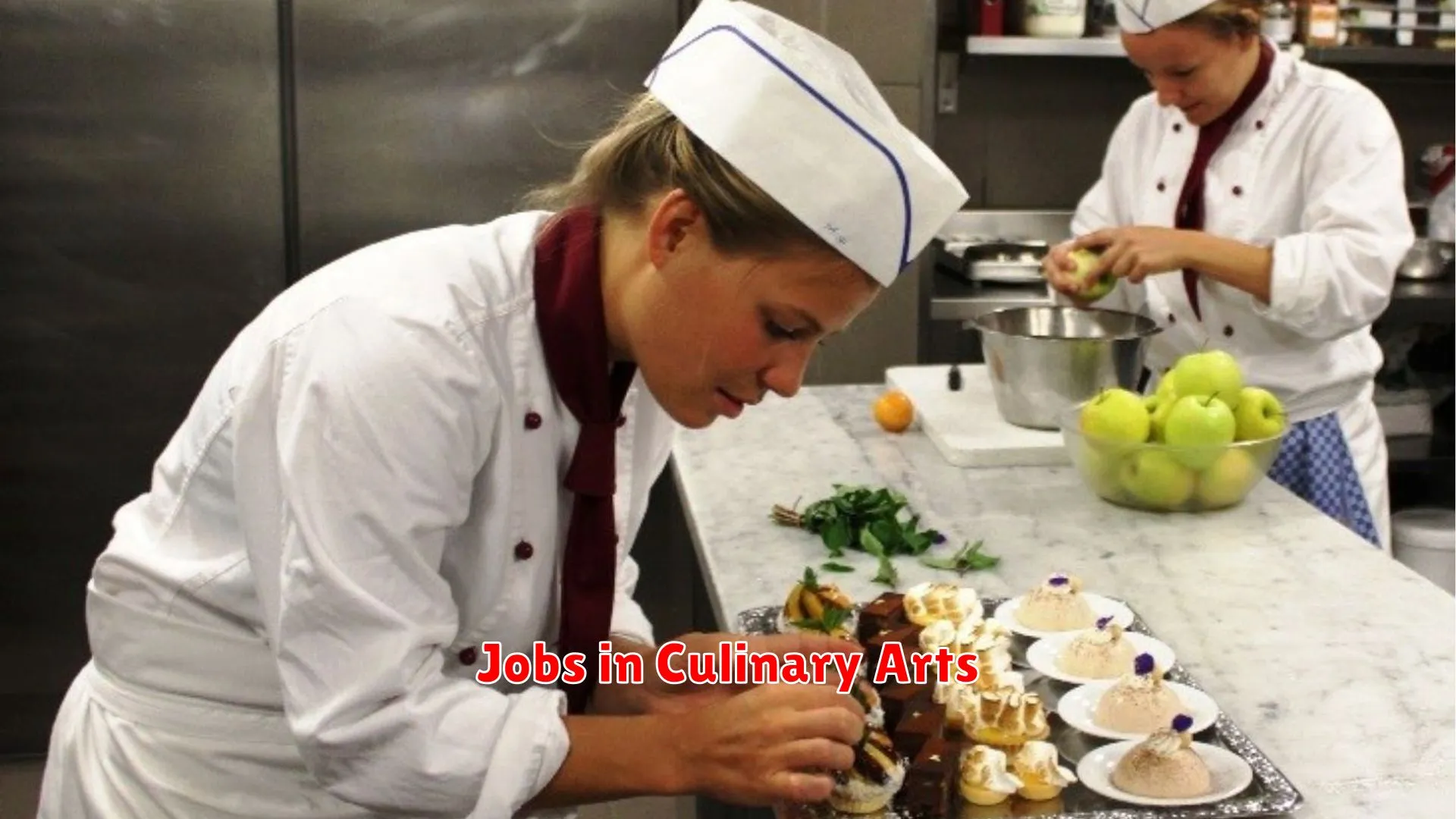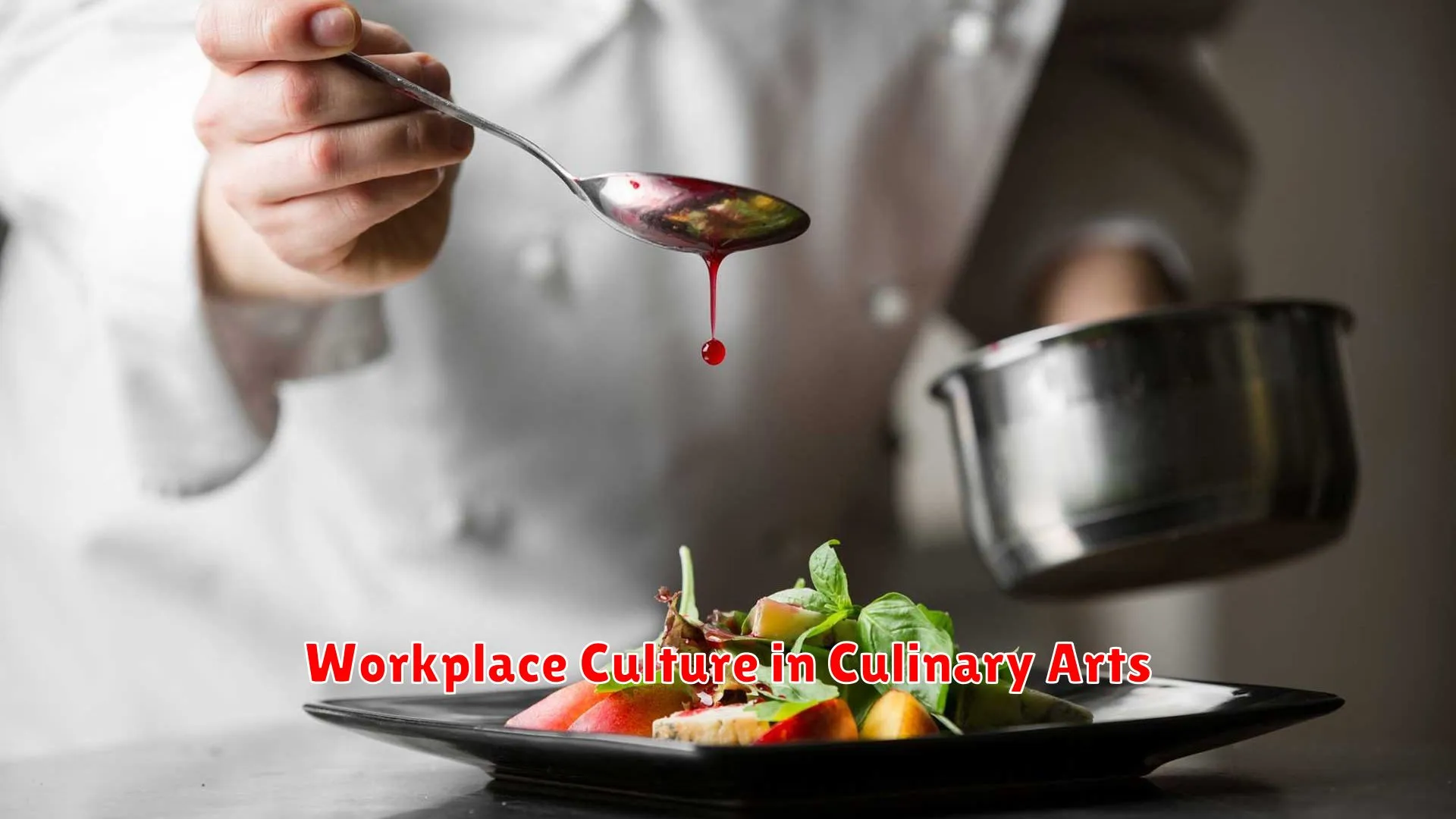
Embark on a flavorful journey in Sri Lanka’s culinary scene, exploring the vibrant world of culinary arts and food service. Discover the opportunities and challenges of developing a successful career in this dynamic and diverse industry.
Culinary Industry Landscape
When examining the culinary industry landscape in Sri Lanka, it’s evident that the country’s culinary arts and food service sector is experiencing significant growth and innovation. With a rich culinary heritage influenced by diverse cultures, Sri Lanka offers a vibrant food scene that continues to evolve and captivate both locals and tourists alike.
One notable aspect of Sri Lanka’s culinary industry is the emphasis on traditional flavors and ingredients combined with modern techniques and presentation. This fusion creates a unique dining experience that is not only delicious but also visually appealing, catering to a wider audience with varying tastes.
Additionally, the culinary industry landscape in Sri Lanka showcases a growing trend towards sustainability and health-conscious dining. Many establishments are incorporating locally sourced, organic produce into their menus, promoting a farm-to-table concept that resonates with environmentally conscious consumers.
Furthermore, the increasing demand for culinary professionals in Sri Lanka presents exciting opportunities for individuals looking to pursue a career in the culinary arts and food service. With the industry’s dynamic growth and diverse culinary offerings, aspiring chefs and restaurateurs have a platform to showcase their creativity and culinary skills.
Jobs in Culinary Arts

When it comes to pursuing a career in culinary arts in Sri Lanka, there are various job opportunities available for individuals passionate about food and cooking. From traditional cooking roles to modern culinary innovations, the culinary industry in Sri Lanka offers a diverse range of career paths for aspiring professionals.
Chef: One of the most popular career choices in the culinary arts field is to become a chef. Chefs are responsible for creating menu items, managing kitchen operations, and ensuring food quality and presentation meet high standards.
Restaurant Manager: For those interested in blending culinary expertise with managerial skills, a career as a restaurant manager can be fulfilling. Restaurant managers oversee daily operations, including staff management, customer service, and financial aspects of running a restaurant.
Food Stylist: In the realm of culinary arts and food service, food styling is a unique job that combines culinary skills with artistic flair. Food stylists work on creating visually stunning food presentations for various media outlets, such as advertisements, cookbooks, and films.
Culinary Instructor: Sharing culinary knowledge and skills with others can be a rewarding career path. Culinary instructors teach aspiring chefs and culinary enthusiasts various techniques, recipes, and cooking methods in culinary schools or workshops.
Food Critic: For individuals with a keen palate and a way with words, becoming a food critic can be an exciting job in the culinary industry. Food critics review restaurants, food trends, and culinary experiences, offering insights and recommendations to the public.
Skills Needed in Culinary Careers
Developing a successful career in Sri Lanka’s culinary arts and food service industry requires a variety of essential skills. Individuals aspiring to excel in this field should possess the following key competencies:
1. Culinary Expertise
To thrive in culinary careers, a solid foundation in cooking techniques, food preparation, and flavor profiles is essential. Mastering various culinary skills like knife handling, cooking methods, and recipe development is crucial for success in this competitive industry.
2. Creativity and Innovation
Having a creative flair and the ability to innovate are vital for culinary professionals. Creating unique dishes, experimenting with different ingredients, and presenting food in an appealing manner are skills that set individuals apart in the culinary arts.
3. Time Management
Efficiency in the kitchen is a must for anyone pursuing a culinary career. Being able to multitask, prioritize tasks, and work under pressure while maintaining quality and consistency are essential skills for success in this fast-paced environment.
4. Communication and Teamwork
Effective communication with colleagues, superiors, and customers is crucial in the culinary field. Collaborating effectively with team members, receiving and providing feedback, and maintaining a positive work environment are key skills that contribute to a successful culinary career.
5. Adaptability and Resilience
The culinary industry is dynamic and ever-evolving, requiring professionals to be adaptable and resilient. Being open to learning new techniques, embracing change, and overcoming challenges are important attributes for those seeking long-term success in culinary careers.
How to Enter the Culinary Field

In pursuit of a career in Sri Lanka’s culinary arts and food service industry, aspiring professionals can begin their journey by following these steps to successfully enter the culinary field:
- Educational Foundation: Start by gaining a solid educational foundation in culinary arts. Consider enrolling in reputable culinary schools or programs that offer hands-on training and theoretical knowledge.
- Apprenticeships and Internships: Gain practical experience through apprenticeships or internships at renowned restaurants, hotels, or catering services. This allows for learning on the job and networking with industry professionals.
- Specialize and Hone Skills: Identify a specific area of interest within the culinary field, such as pastry arts, culinary management, or traditional Sri Lankan cuisine. Hone your skills through continuous practice and learning.
- Networking: Build a strong network within the culinary community by attending industry events, workshops, and competitions. Networking can open doors to job opportunities and mentorship.
- Stay Updated: Keep abreast of industry trends, new cooking techniques, and emerging technologies related to the culinary field. Continuous learning and adaptation are essential for career growth.
By following these steps, individuals can pave the way for a successful career in Sri Lanka’s dynamic culinary arts and food service industry.
Interviewing in the Culinary Sector
Interviewing for a position in the culinary sector, especially in Sri Lanka’s vibrant culinary arts and food service industry, requires a blend of skills and knowledge to stand out among other candidates. Whether you are aiming to become a chef, a pastry chef, a food and beverage manager, or any other culinary-related role, preparation is key to ace the interview process.
Research the Company
Before the interview, take the time to research the company you are applying to. Understand their culinary style, menu offerings, reputation, and target clientele. This knowledge will showcase your interest and enthusiasm for the role during the interview.
Showcase Your Skills and Experience
Prepare examples from your past experiences that demonstrate your culinary skills, creativity, teamwork, and ability to work under pressure. Whether it’s a signature dish you created, a successful event you managed, or a challenging scenario you resolved in a kitchen, sharing specific instances will set you apart.
Highlight Your Passion for the Culinary Arts
Express your genuine passion for the culinary arts and food service industry. Share your inspirations, aspirations, and how you stay updated with the latest food trends and techniques. Employers value candidates who are not only skilled but also deeply passionate about their craft.
Prepare for Common Interview Questions
Anticipate common interview questions related to your culinary knowledge, experience, teamwork, and problem-solving skills. Practice your responses to ensure you communicate effectively and confidently during the interview. Be ready to discuss your strengths, weaknesses, and how you continuously strive for improvement.
Professionalism and Presentation
On the day of the interview, dress professionally in attire suitable for a culinary environment. Arrive early, maintain a positive attitude, and greet everyone respectfully. Remember to bring copies of your resume, any relevant certifications or awards, and a list of thoughtful questions to ask the interviewer.
Workplace Culture in Culinary Arts

Workplace culture in the culinary arts industry plays a crucial role in shaping the experiences and professional development of individuals pursuing a career in Sri Lanka’s culinary arts and food service sector. This culture encompasses the values, beliefs, practices, and interactions within culinary establishments that greatly impact the work environment and overall success of employees.
Diversity and Collaboration: A key component of workplace culture in culinary arts is the celebration of diversity and the promotion of collaboration among culinary professionals. In Sri Lanka, chefs, kitchen staff, servers, and managers often come from different backgrounds and bring unique skills to the table. Embracing this diversity fosters creativity and innovation in the culinary industry.
Emphasis on Continuous Learning: Another aspect of workplace culture in culinary arts is the emphasis on continuous learning and skill development. In Sri Lanka, culinary professionals are encouraged to attend workshops, training programs, and culinary competitions to enhance their expertise and stay updated with industry trends.
Respect for Tradition: Sri Lanka’s culinary arts industry also values the preservation of traditional culinary practices and recipes. This respect for tradition is reflected in the way dishes are prepared, presented, and served, honoring the rich culinary heritage of the country.
Teamwork and Communication: Effective teamwork and communication are essential in the fast-paced environment of culinary arts. In Sri Lanka, culinary professionals work together seamlessly in busy kitchens, communicating efficiently to ensure smooth operations and excellent customer service.
Adaptability and Creativity: The dynamic nature of the culinary arts industry requires professionals to be adaptable and creative in their approach to cooking, menu planning, and customer service. Sri Lanka’s culinary culture encourages chefs and food service providers to think outside the box and experiment with new flavors and techniques.
Conclusion
Embarking on a culinary career in Sri Lanka offers a rich tapestry of flavors and opportunities for passionate individuals to thrive in the vibrant food industry, blending tradition with innovation.
















